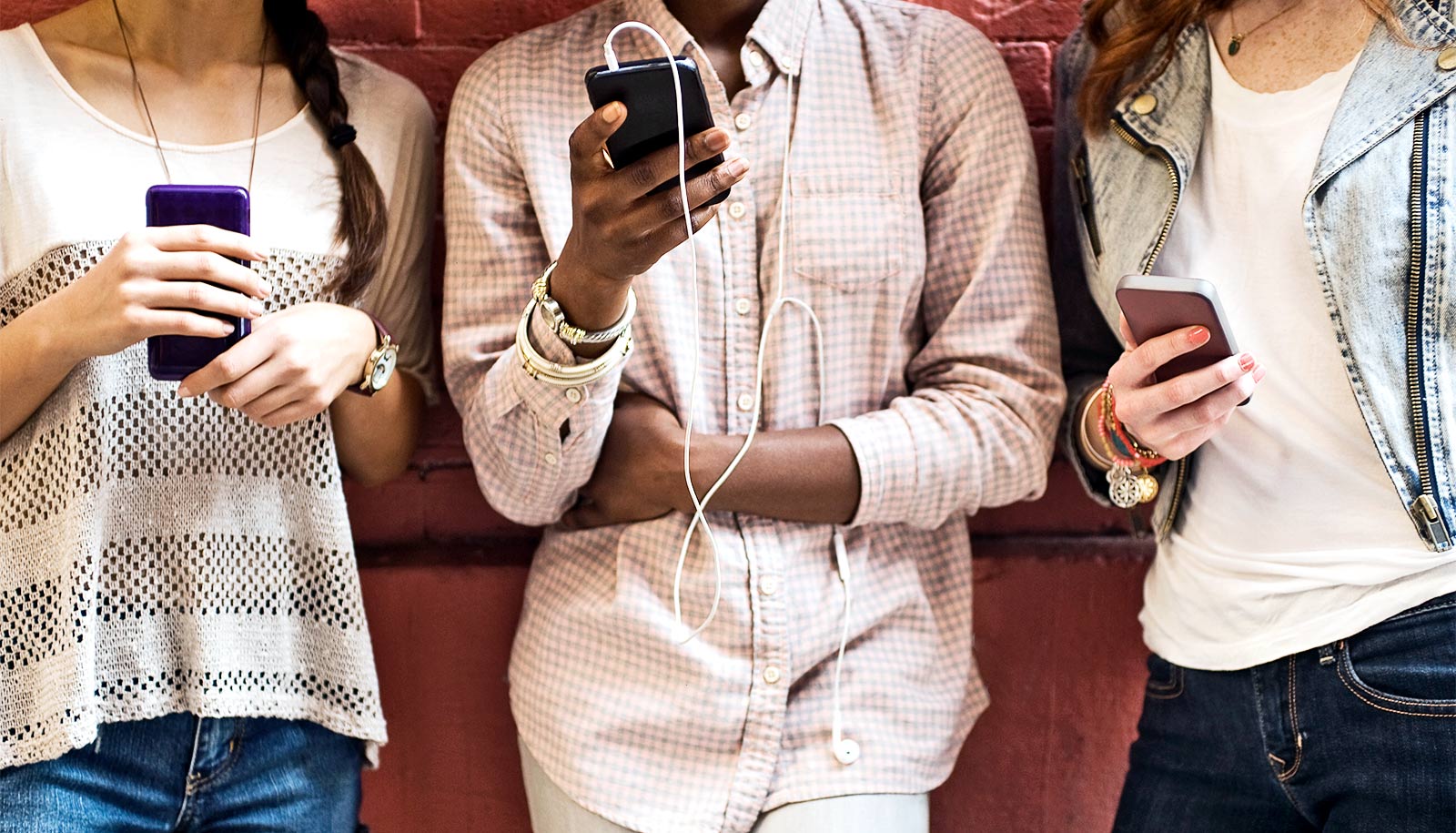“Fake news” inspires consumers to demand corrective action from companies, even if the company is a victim of the fake news story, researchers report.
The new study also supports the idea that most people feel they are better at detecting fake news than other people are—and found that fake news increases calls for improved digital media literacy.
“The idea that I am less influenced by fake news than you are is an example of something called the third-person effect,” says first author Yang Cheng, an assistant professor of communication at North Carolina State University.
“The third-person effect predicts that people tend to perceive that mass media messages have a greater effect on others than on themselves, and we found that this effect is pronounced among consumers who use social media. We also found that the third-person effect plays a significant role in how people respond to fake news online.”
For this study, the researchers enlisted 661 study participants from across the United States who identified as being Coca-Cola consumers. The researchers first gave the participants an example of a fake news story that circulated in Facebook in 2016, which (falsely) claimed that Coca-Cola had recalled bottles of its Dasani-brand water due to the presence of aquatic parasites.
The researchers then asked study participants a range of questions designed to ascertain how the participants felt about fake news and what they felt should be done to address it.
“The strongest finding was that consumers expect corporations to take responsibility for combating fake news, even if the company in question was a victim of the fake news story,” Cheng says.
“This is news that public relations professionals can use. It highlights the need for communication professionals to step up and take an active role in responding to fake news items. That could mean collaborating with reporters to provide them with accurate information, or making correct information directly available to the public, or both. But it suggests that simply being quiet and waiting for the crisis to blow over may be unwise.
“Anyone can spread fake news on social media, and the expectation from consumers is that affected companies should play an active role in addressing it.”
The study also shows that consumers wanted more to be done to improve media literacy, and that media users should be taught how to evaluate media critically.
The researchers also found that the most powerful factor in triggering these responses from consumers appeared to be the third-party effect. In other words, the people who were most confident in their ability to detect fake news felt most strongly that fake news would influence other people. And highly-confident consumers were the most likely to call for corrective action from corporations and improved media literacy efforts.
“This is an observational study, not an experimental one, so we cannot establish causal relationships,” Cheng says. “But the demand for corporate action is clear—and it is most strongly correlated with the third-person effect.”
The paper appears in Mass Communication and Society. Additional coauthors are from NC State and the University of San Francisco. Support for the work came from from the Junior Faculty Development Program at NC State.
Source: NC State



